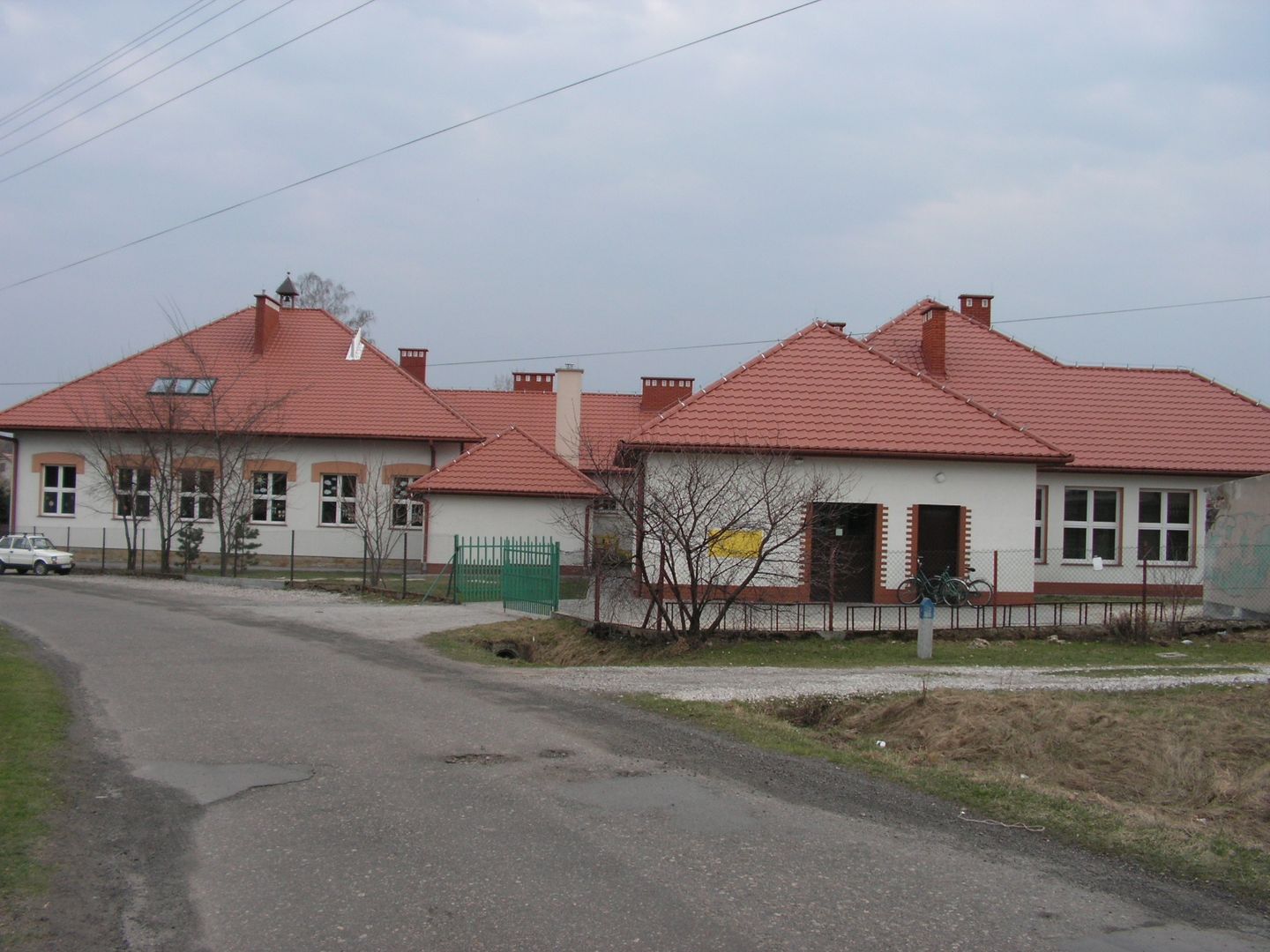Borek
6.37

Overview
Borek is a village in Poland, located in the Lesser Poland Voivodeship, within the municipality of Rzezawa. It is known for the Balaton health resort. The resort, opened in September 2002, covers an area of 45 hectares and consists of a sports complex and a paintball field. Borek is home to numerous monuments listed in the register of historical landmarks, such as 19th-century cottages. The history of Borek dates back to 1350, when Casimir the Great issued a founding charter under German law, recommending the construction of a village in the area of a cleared forest. A key event in its history was the relocation of the church construction to Rzezawa, which significantly influenced the village's fate. In the 17th and 18th centuries, the inhabitants struggled with feudal burdens and rebelled against rent increases. Borek came under Austrian rule as a result of the First Partition of Poland, and in the 19th century, it changed ownership several times. In the 20th century, including during World War II, the residents engaged in opposition activities against the occupiers. Today, Borek is a developing tourist destination, with the A4 motorway passing through the village and numerous infrastructure facilities, including a sewage system. The village is home to the Public Primary School and the Public Kindergarten, while the sports traditions are upheld by the Borkowianka club, which has had a football section since 1958. Interesting architectural elements can be found in Borek, such as houses built facing south, which is typical of local construction. Borek is also rich in notable personalities, including Władysław Ryncarz, a member of parliament, and Franciszek Stal, a soldier of the Home Army. An interesting local legend tells of a gray mare that, according to the story, transported building materials for the church, influencing the decision to locate it in Rzezawa.
Location
2026 Wizytor | All Rights Reserved